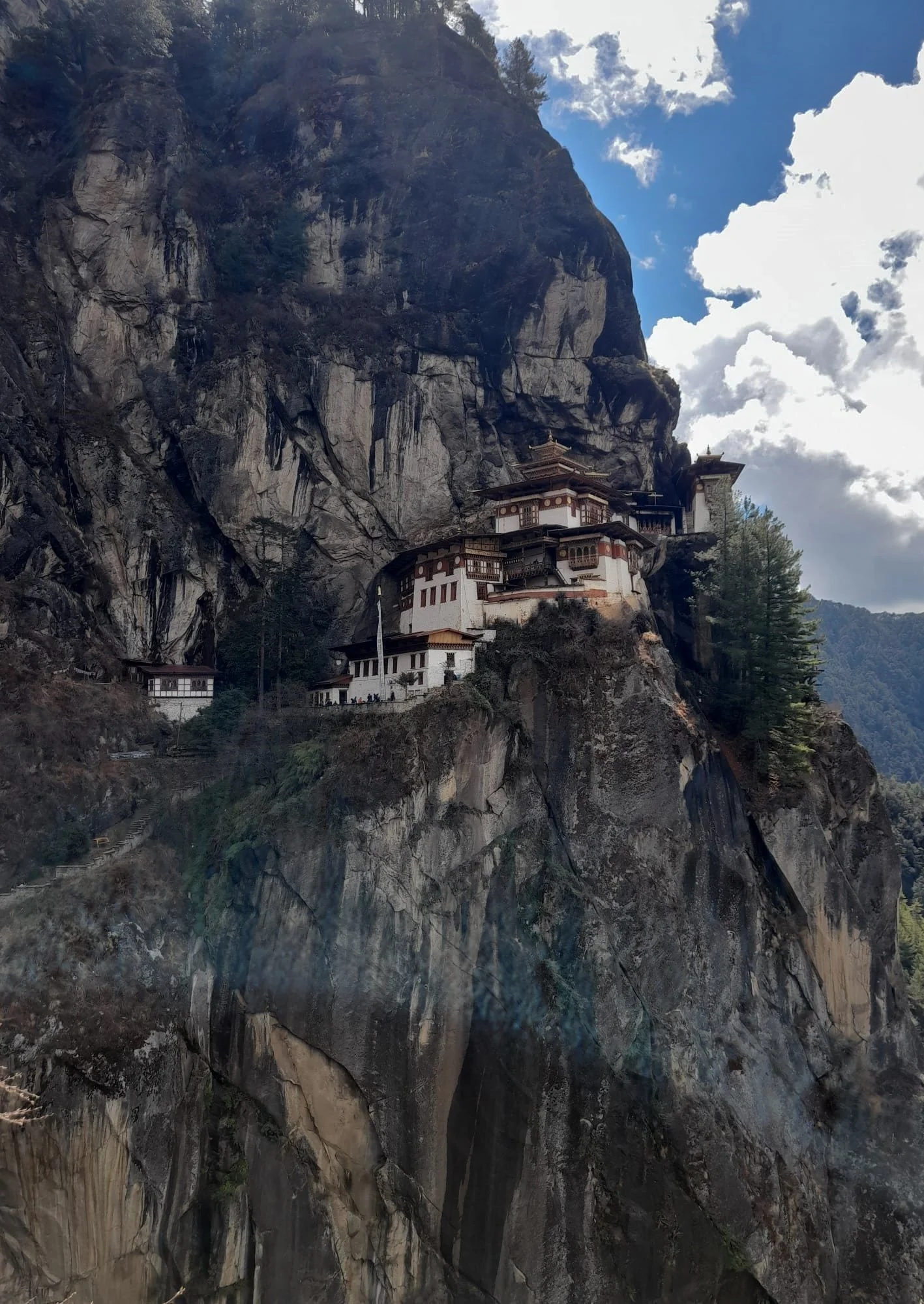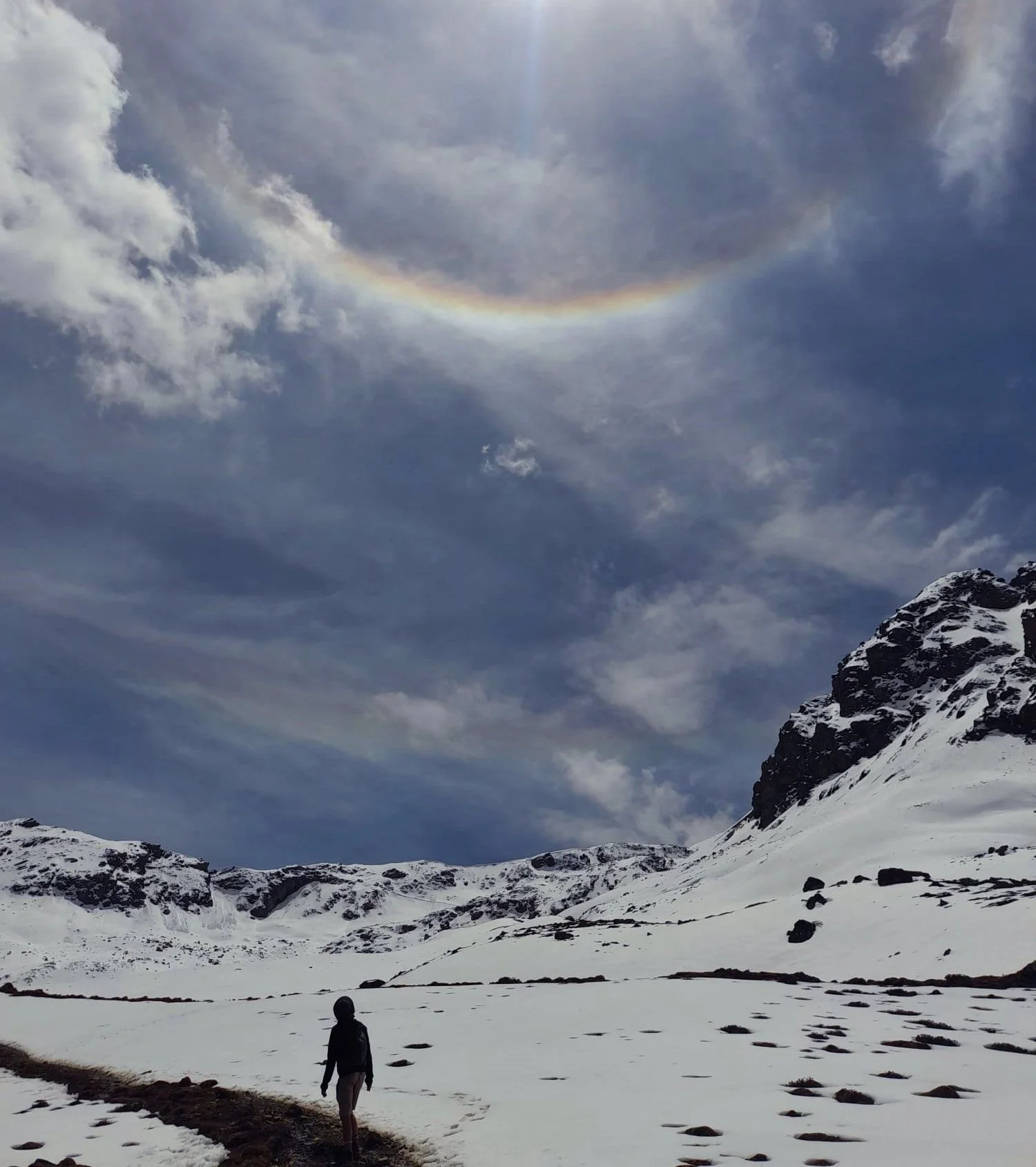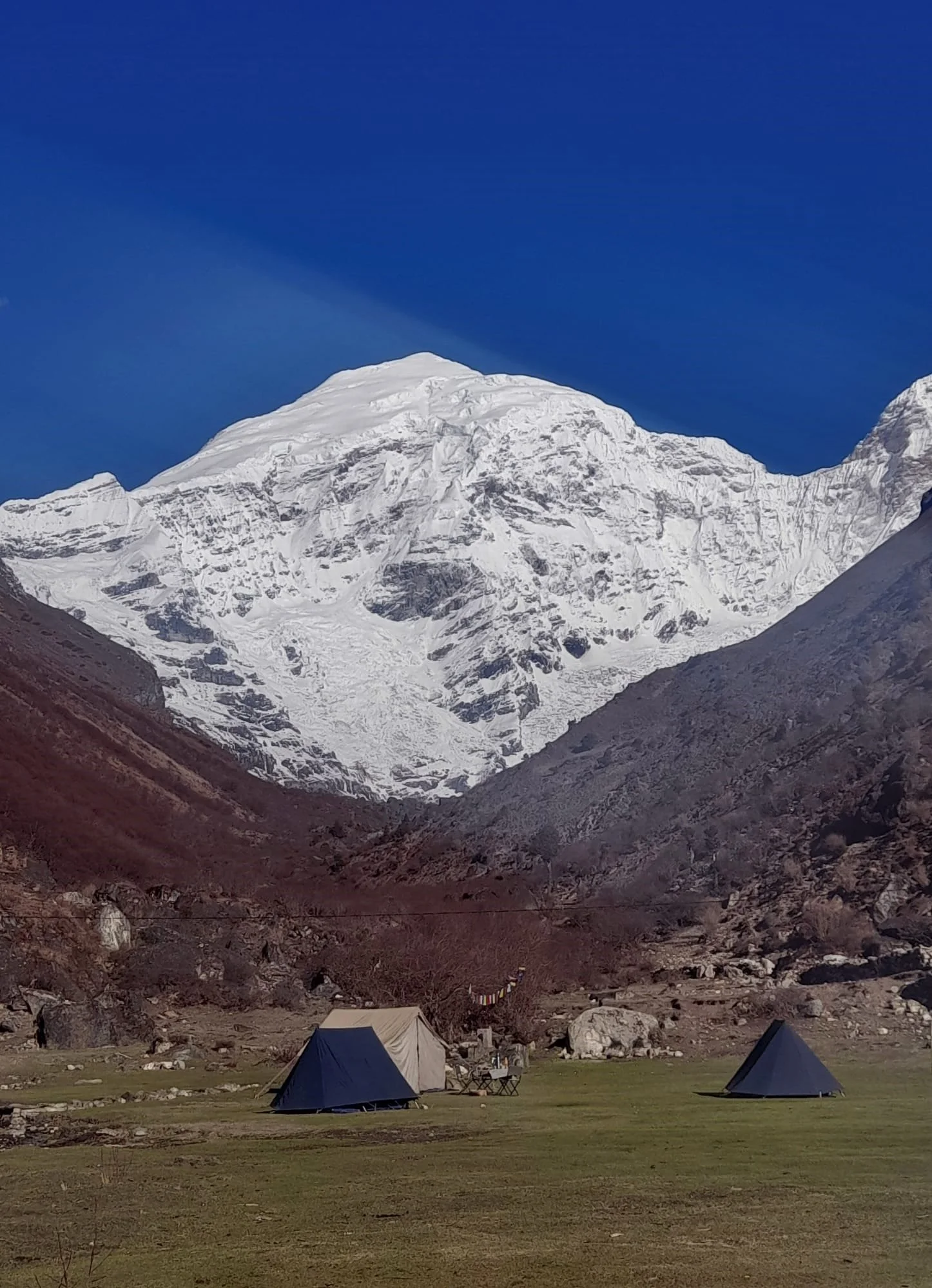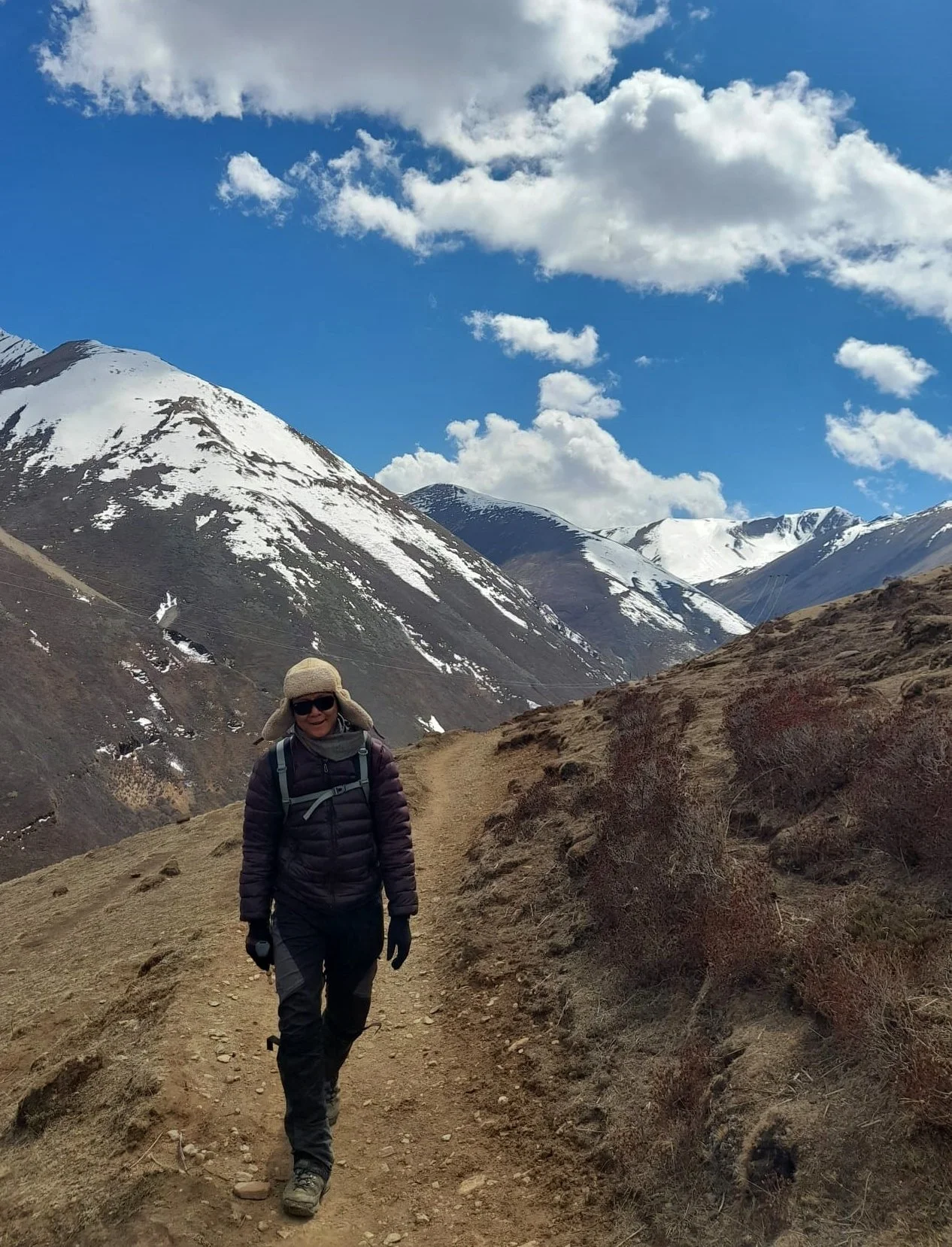Bhutan Unveiled: Ten Astonishing Truths That Challenge Common Perceptions
Tiger's Nest Monastery: Perched on a cliffside, this iconic monastery offers breathtaking views and stands as a testament to Bhutan's spiritual legacy
Welcome, fellow wanderers, intrepid travellers, and seekers of the extraordinary. Prepare to be enchanted by the land of thunder dragons, where happiness is not just a pursuit but a national priority. Nestled amidst the eastern Himalayas between India and China, Bhutan is one of the hardest countries to enter with a “Sustainable Development Fee” of $200USD per day. Let us embark on a journey through this mystical kingdom, guided by the wisdom of local guide, Chencho, whose insights illuminate the path ahead.
More than 153,000 dogs in Bhutan have been vaccinated and sterilized in the past fourteen years.
Chencho, 42, has been guiding in Bhutan for seventeen years. He concedes, “Sometimes, I also think of going to make money and becoming rich. But I was born in nature and I will die in nature. I love my nature. It is my office. Nowadays—because of the internet—the world comes to me. So, I don’t have to go out into the world. That is what I believe."
The Carbon-Negative Kingdom: Bhutan is the only carbon-negative country in the world, absorbing more carbon dioxide than it emits. Part of this is attributed to its strict Environmental Conservation laws. Chencho explains, "Currently, 72% of Bhutan is under forest cover. By law, the country must preserve 60% of forest. This accounts for our rich biodiversity.”
Buddhist Principles in Daily Life: Loving kindness is one of Bhutan's guiding philosophies. Chencho’s words paint a vivid revelation as he notes, “90% of Bhutanese are Buddhist. Being Buddhist, our main principle is to have kindness and patience.” This ethos is salient in Bhutan’s non-violent approach of sterilising its entire free-roaming dog population to end human rabies deaths without harming the dogs. In an amused tone, Chencho jokes, “In Bhutan the dogs sleep all day so they can bark all night—to stay warm."
Sustainable Tourism Practices: Bhutan is the first country to ban the sale of tobacco and plastic bags. When asked how Bhutan prioritizes sustainability and environmental conservation in the tourist industry, Chencho reflects, "Sometimes those not so educated throw their trash when they visit the monasteries or temples. The best example is Tiger’s Nest Monastery—a very sacred site in Bhutan. The tourism industry is very aware to bring down everything we take up. Sometimes we even educate local people who litter.”
Birthdays Beyond Time: When asked his favourite fact about Bhutan, Chencho remarked, "Many Bhutanese—including myself—don’t know their birthday. Although our parents know the year we were born, they don’t know the exact month or day. They don’t remember. Instead, we create our own."
Shared Roads with Nature: Bhutan’s motor roads are shared with animals like cows, horses, and dogs, creating a harmonious blend of modernity and nature. Chencho fondly notes, "Drivers must be aware of this and drive very mindfully.”
No Traffic Lights: Yes, you heard it right! Bhutan is one of the few countries in the world without traffic lights, opting for a more human touch with traffic policemen managing the flow.
Gross National Happiness (GNH): Bhutan measures its success not by Gross Domestic Product (GDP), but by GNH, prioritizing the well-being of its citizens over material wealth. When asked about the impact of GNH on Bhutan's economy and Bhutanese immigration overseas, Chencho explains with gentle cadence, “Globally, everyone knows that our happiness is our wealth. But Bhutanese moving abroad has a big impact. It makes me sad that many young, energetic people are leaving behind their old parents. They will slowly, gradually lose interest in Bhutan—they will forget our culture and tradition”
Preservation of Architecture: Bhutan preserves its cultural heritage with a mandate for all architecture to incorporate traditional features. Chencho shares, “We consider Bhutanese architecture to be the best in the world. We take inspiration from Dzongs, monasteries, and temples to incorporate it into our home.”
Spicy culinary adventure: Bhutanese cuisine is known for its fiery kick, with chillies being a staple ingredient in almost every dish. With a wide grin, Chencho shares, “In Bhutan, chillies are treated as vegetables, not as spice!”
Phallus Paintings: Don’t be startled by the phallus paintings adorning the walls of homes and buildings—they’re symbols of fertility and ward off evil spirits and bring good luck. It is common for every family to have a phallus painted on their house.
Embarking on Your Bhutanese Odyssey
A word of advice from Chencho, “The main charm of Bhutan is trekking and indulging with local people. Eat some local food. Share some of their lifestyle and thoughts. Then you will know the true story of Bhutan.”
Whether immersing yourself in traditional customs, trekking through pristine landscapes, or savouring the flavours of Bhutanese cuisine, let each moment be a testament to the spirit of harmony and joy that defines Bhutan—where happiness is not just a destination but the essence of life itself. Until we meet again, enjoy the trails of serenity!






